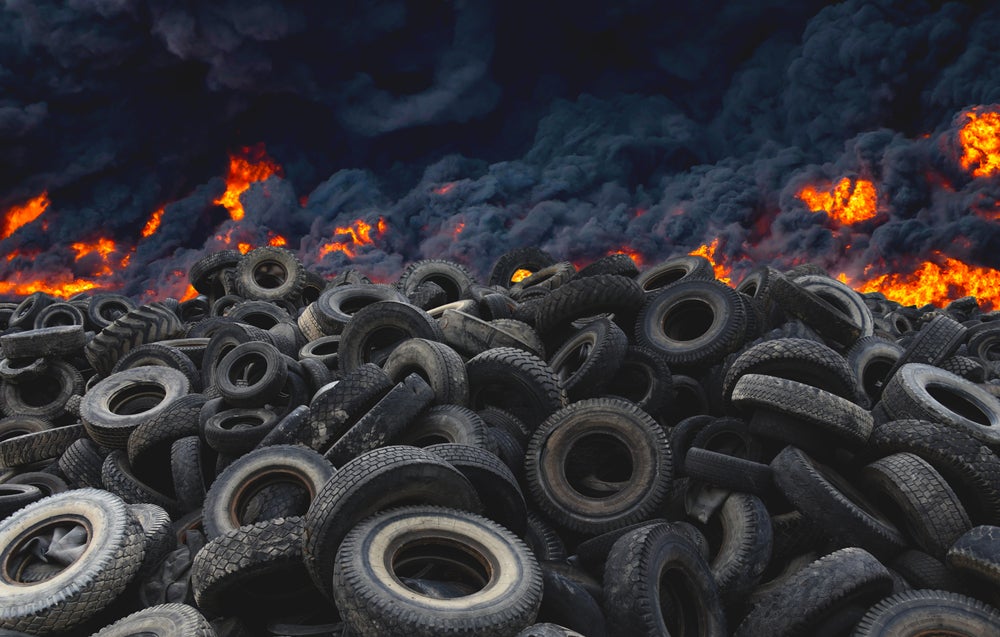
Recent revelations from Dutch packaging group Afvalfonds Verpakkingen have uncovered a concerning trend in the recycling industry, with approximately 30% of plastic, metal, and drink carton waste being incorrectly mixed with other forms of litter and subsequently incinerated instead of being properly recycled.
According to established recycling guidelines, waste bags containing more than 15% residual waste content are directed toward incineration.
To combat this issue, numerous local councils have been advocating for the use of transparent bags or containers for PMD (plastic, metal, and drink carton) recyclable waste since 2010.
The overarching goal is to encourage reuse and the transformation of these materials into new products.
Calls for consistency and modernisation in waste collection
Hester Klein Lankhorst, a spokeswoman for Afvalfonds Verpakkingen, expressed her concern regarding contaminated PMD waste. She emphasised the necessity for cleaner recyclable materials, highlighting that packaging with a higher recycled content relies on a foundation of initial cleanliness.
The data from 2021 indicated an alarming average contamination rate of 28.9% of other waste types within PMD waste, underlining the urgency of addressing this issue.
Klein Lankhorst noted that most individuals genuinely desire to do the right thing regarding waste separation. However, she stressed the importance of establishing a consistent collection system across local councils to ensure that recycling rules remain uniform.
Despite extensive information campaigns, various types of waste, including plastic toys, fruit nets, and packaging contaminated with food residues, continue to find their way into PMD bags or containers.
Obsolete system, stagnant environment
There are instances where residual waste is deliberately mixed with PMD because some local councils impose charges for residual waste but not for PMD. Inspectors in Aa en Hunze in Drenthe even discovered diapers, foam, paper, food scraps, and building waste in PMD containers.
Raymond Gradus, a professor specialising in public economics and administration, expressed his concerns, stating that “the system is obsolete, and the environment is not improving.”
He pointed out that sorting machines are far more efficient at separating PMD waste than manual efforts, as they can accurately determine if residues, such as yogurt in cartons, pose recycling challenges.
Cities like Amsterdam, Rotterdam, and Eindhoven have already implemented sorting machines, leading to reduced pollution and increased recycling rates.






